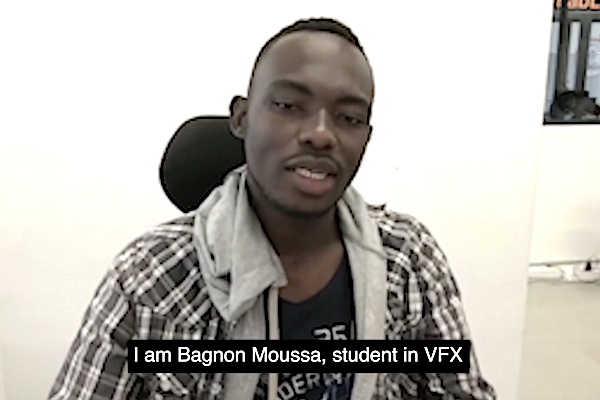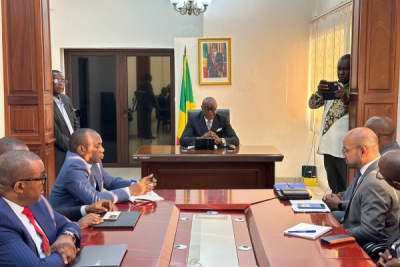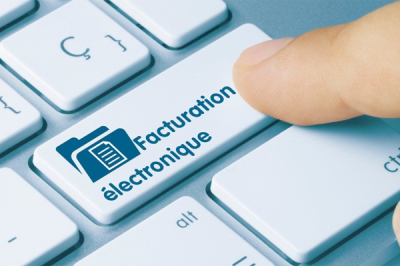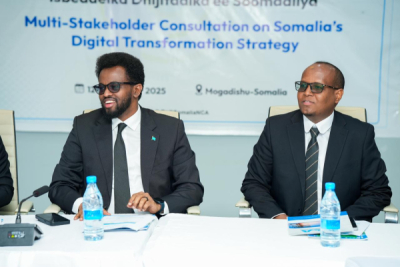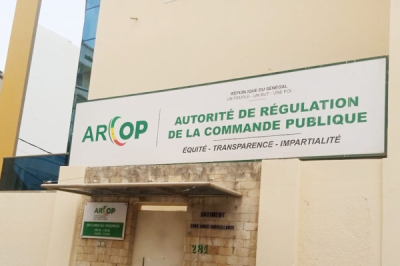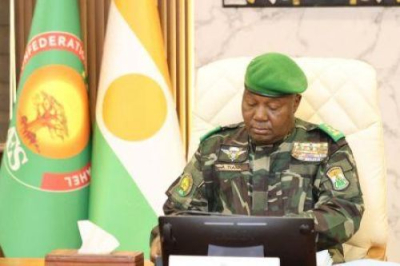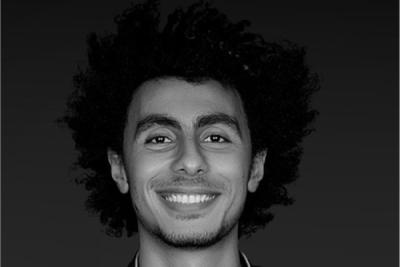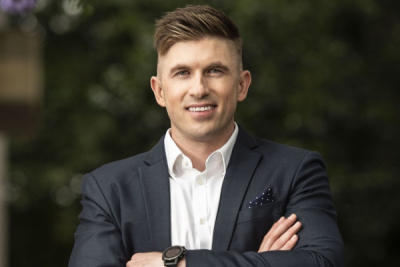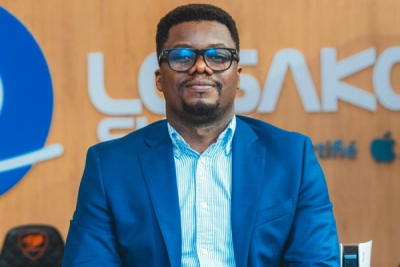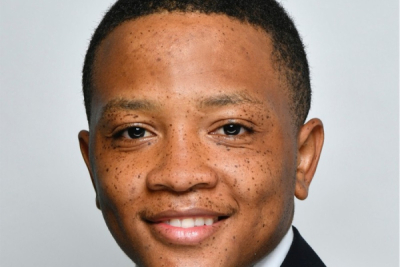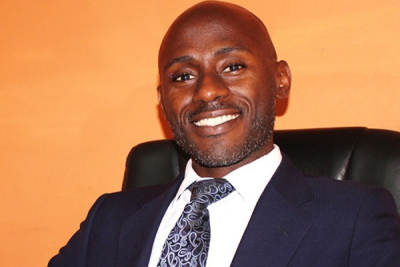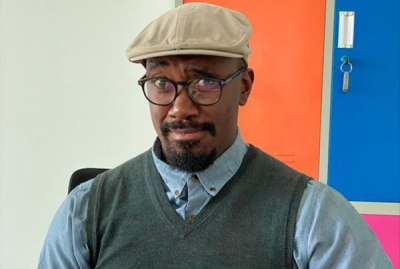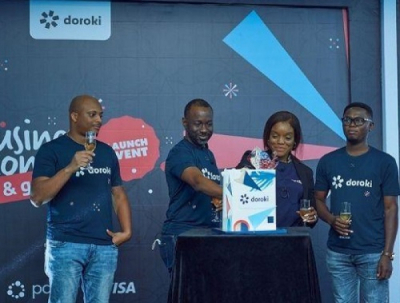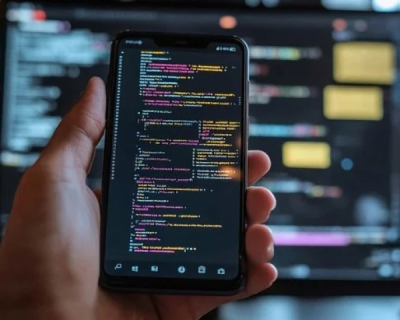Moussa Bagnon, one of the members of the Ivorian team that won the Sony Talent League last March recently agreed to talk to We Are Tech Africa. During this interview, he discusses the competition, his ambitions for the animation and special effects sectors as well as the Afro VFX training program that enabled him to enter the industry.
We Are Tech: Hi Mr. Bagnon, can you tell us a bit about your background?
Moussa Bagnon: I have a degree in electronics and a passion for the digital, photography and video. I was part of the first cohort of the Afro VFX training course organized by Orange Côte d'Ivoire in 2022. The aim of the course was to introduce young people to special effects and animation.
WAT: Before this training, were you already familiar with special effects and animation?
MB: No, I had no prior knowledge. I did start out in related fields with computer graphics and video editing. I had some idea of the tools that could be used to create 3D and animation, but I had no skills in these areas.
WAT: How did you join the first cohort of the Afro VFX training program?
MB : I heard about the training at the Orange Digital Center Côte d'Ivoire, a center dedicated to coaching and developing digital skills. I took part in Orange Summer Challenge 2021, a summer internship that enables young people to carry out a project to solve a social problem. After that, I kept up a good relationship with the members of the Orange Digital Center Côte d'Ivoire, which I visited regularly. Then I heard about Afro VFX and applied.
WAT: How did the apprenticeship go when you were selected?
MB: The apprenticeship began with MASTERCLASSES on special effects. Following a selection process, the most motivated and able, whether amateurs or beginners, were selected to follow the certification course. The first sessions focused on Maya software for 3D modeling and animation. Next, we learned about simulation using software such as Houdini. The sessions took place online every Saturday with different trainers over several weeks.
WAT: Did the training meet your expectations? In particular, in terms of the animation skills you were looking for?
MB : When I entered the Afro VFX program, what I really wanted was to be able to animate and create special effects like professionals. I can't say that I have become a professional after the course but I did learn a lot about the basics of the trade. We were given technical skills, but first, we had to learn about the industry's ecosystem with the world of studios and how animators collaborate. I believe three months of training can not make me a professional who can start applying for animation jobs. It is just an initiation. Also, I was looking to upgrade myself to international animation and special effects standards. So, this level can’t be reached within just three months. Nevertheless, I have learned a lot and I’m still learning. We are already seeing animation projects by very talented people in Côte d’Ivoire, but I’m really aiming for international standards. So, I still want to improve my skills.
WAT : With the skills you acquired during the 3-month training, you and other students from the Afro VFX cohort won the Sony Talent League (a worldwide digital competition) in March with your animated documentary "Djossi Heroes". How did you get to take part in such a high-profile competition when you were still not confident your skills would match international standards?
MB : We heard about the competition through Dedy Bilamba, one of the co-founders of the Afro VFX program, who shared the competition link with us. We heard about it a few weeks before the first deadline, but the criteria were really up to the international standards I was aiming for, for example. It was an opportunity for us to gauge our current level. We set off to discover the competition and put our new skills into practice. We didn't really think we'd win the competition. First, we had to submit a pitch, and out of the 600 projects submitted, five, including ours, were selected and then we had to work for 10 weeks with our mentors to present the final version.
WAT: Can you tell us about the project that made you win the competition?
MB : It's called Djossi Heroes, a 15-minute documentary series that puts the spotlight on petty traders. The first episode, for example, is about a water vendor and her business. For us, these people are everyday heroes. Our job was to use animation to bring the heroine's ambitions and dreams to life so that they would shine in the documentary. We collaborated with two other students from the Afro VFX cohort and a cartoonist, under the supervision of our instructors who helped us structure the project.
WAT: What do you think attracted the judges to Djossi Heroes?
MB : The 5 finalists submitted great projects, but I think what made the difference with our project is the social impact and awareness-raising on immigration and other important subjects that we dealt with in the episodes. I think the jury was more attracted by the impact of our project.
WAT: What do you plan to do next?
MB: For now, the plan is to improve Djossi Heroes. The next step will be to find investors to finish and distribute it on a large scale. At the same time, I will continue to train myself to reach the skill level I desire. I want to contribute to the improvement of animation and special effects in Côte d'Ivoire, and Africa.
WAT: Are you planning to take part in the next Afro VFX cohort?
MB : Of course. The first cohort was more of an initiation than anything else. The second cohort provides for real specialization, and there I'll have the opportunity to choose a very specific area of special effects. It's a much broader sector than you might think. There are people who do texturing, some specialize in animation, others in composition. I will have the chance to perfect my simulation skills.
WAT: You've greatly stressed on international standards. Do you think that Africa is still far from reaching those standards?
MB: We're gradually getting there. With what we're seeing in certain countries like Nigeria and Côte d'Ivoire, there are quite a few studios doing good work. We're not up to international standards, but we're not far off.
WAT: Do you think there's a real demand for animation specialists in Africa right now?
MB : I think there's a real need because the continent is producing more and more content, especially animated films. There are more and more African projects of this kind, but the people behind these initiatives are often obliged to outsource the animation part and entrust it to professionals outside Africa, in order to get quality animation. That's why training is so important. In Africa, we have great stories, but we need to train animators and special effects specialists to perfect the narration.
WAT: What message would you like to pass on to young people like yourself who want to get into animation and special effects?
MB: I want to encourage them because we're seeing more and more African animated films on well-known platforms like Netflix, so we can say that the sector is growing. Africa is very closely watched by the outside world in this field, so I'd ask them not to hesitate. It's a sector that feeds its people and has a future. I'd also like to appeal to African authorities for more support in the field because it can create a lot of jobs for Ivorians and Africans in general.
WAT: I think your appeal will be heard. Thank you for your time.
MB: Thank you too.
Interview by Servan Ahougnon


